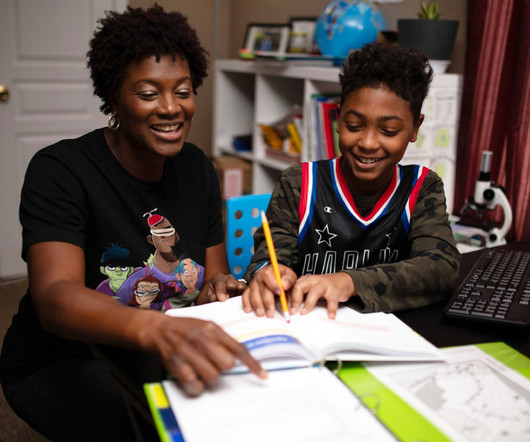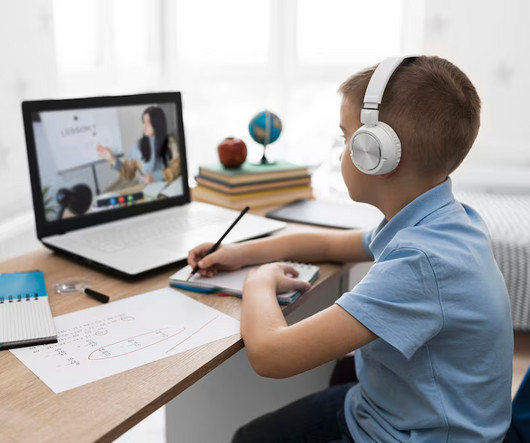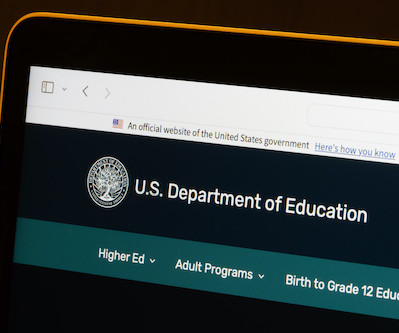Beyond Evaluation: Using Peer Observation to Strengthen Teaching Practices
Faculty Focus
APRIL 1, 2025
This isolation can hinder their professional development and growth, especially if they do not take the time to reflect on their own teaching methods and practices. Based on the focus, peer observations can be classified into two models: formative-developmental and summative-evaluative. Ultimately, student learning is impacted.












Let's personalize your content